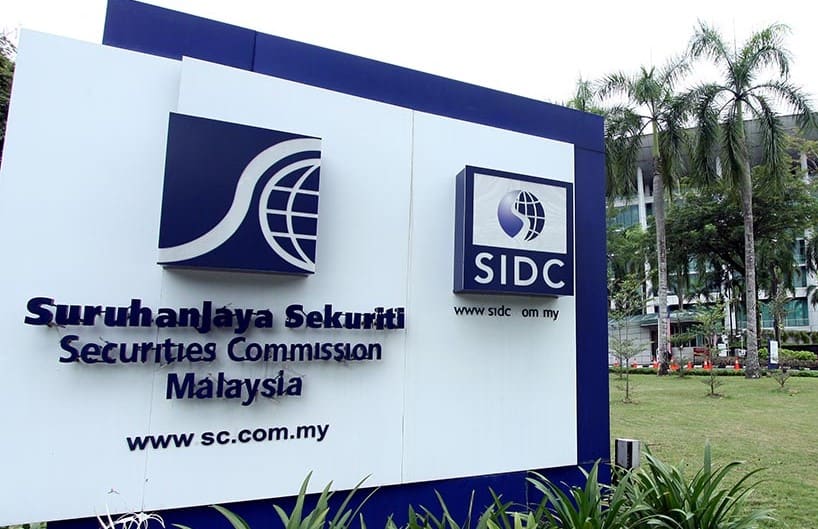Malaysia’s Securities Commission (SC) has flagged Atomic Wallet, a Web3 wallet service, for operating without proper registration. The wallet provider has been added to the SC’s list of financial entities prohibited from conducting business in the country.
According to the SC’s website, Atomic Wallet was identified as running an unregistered digital asset exchange (DAX). While the regulator did not elaborate further, Atomic Wallet has faced significant scrutiny since suffering a $100 million hack in 2023.
Atomic Wallet is one of several cryptocurrency-related entities barred from operating in Malaysia, alongside others like Crypto Trade Malaysia and Best Exchange. The wallet markets itself as a secure and decentralized platform for staking and swapping over 100 digital assets.
The 2023 Hacking Incident
In 2023, Atomic Wallet became the target of a massive cyberattack, resulting in over $100 million in losses. Many users reported losing their entire crypto holdings. The attack was linked to Lazarus Group, a North Korean hacking collective, which allegedly transferred the stolen funds to the Cambodian crypto exchange Huione Pay, according to blockchain analytics firm Elliptic.
A group of affected users filed a class-action lawsuit in the United States against Atomic Wallet, but the case was dismissed later that year. The court ruled it lacked jurisdiction over the Estonian-based company.
In December 2023, Atomic Wallet introduced a $1-million bug bounty program to identify and address vulnerabilities in its wallet software, attempting to restore user trust.
Rising Cybersecurity Threats in the Crypto Sector
The Atomic Wallet incident is part of a larger trend of increasing cyberattacks on the cryptocurrency industry. According to a December 19 report from Chainalysis, losses from crypto scams, hacks, and exploits grew by 21% year-over-year in 2024, reaching $2.2 billion across 303 incidents.
Private key compromises accounted for 43.8% of stolen funds, making it the leading cause of thefts. Centralized exchanges also became prominent targets for hackers in 2024.
Jean Rausis, cybersecurity specialist and co-founder of the DeFi ecosystem SmarDex, noted a significant shift in attack patterns.
“In 2024, we saw a big shift in crypto attacks, with centralized entities becoming far more prominent targets,” Rausis said.
With its ban in Malaysia and lingering reputational damage from the 2023 hack, Atomic Wallet faces mounting challenges. As regulators tighten oversight globally and cybersecurity risks grow, the wallet provider will need to demonstrate stronger safeguards to regain trust and remain competitive in the crypto space.
